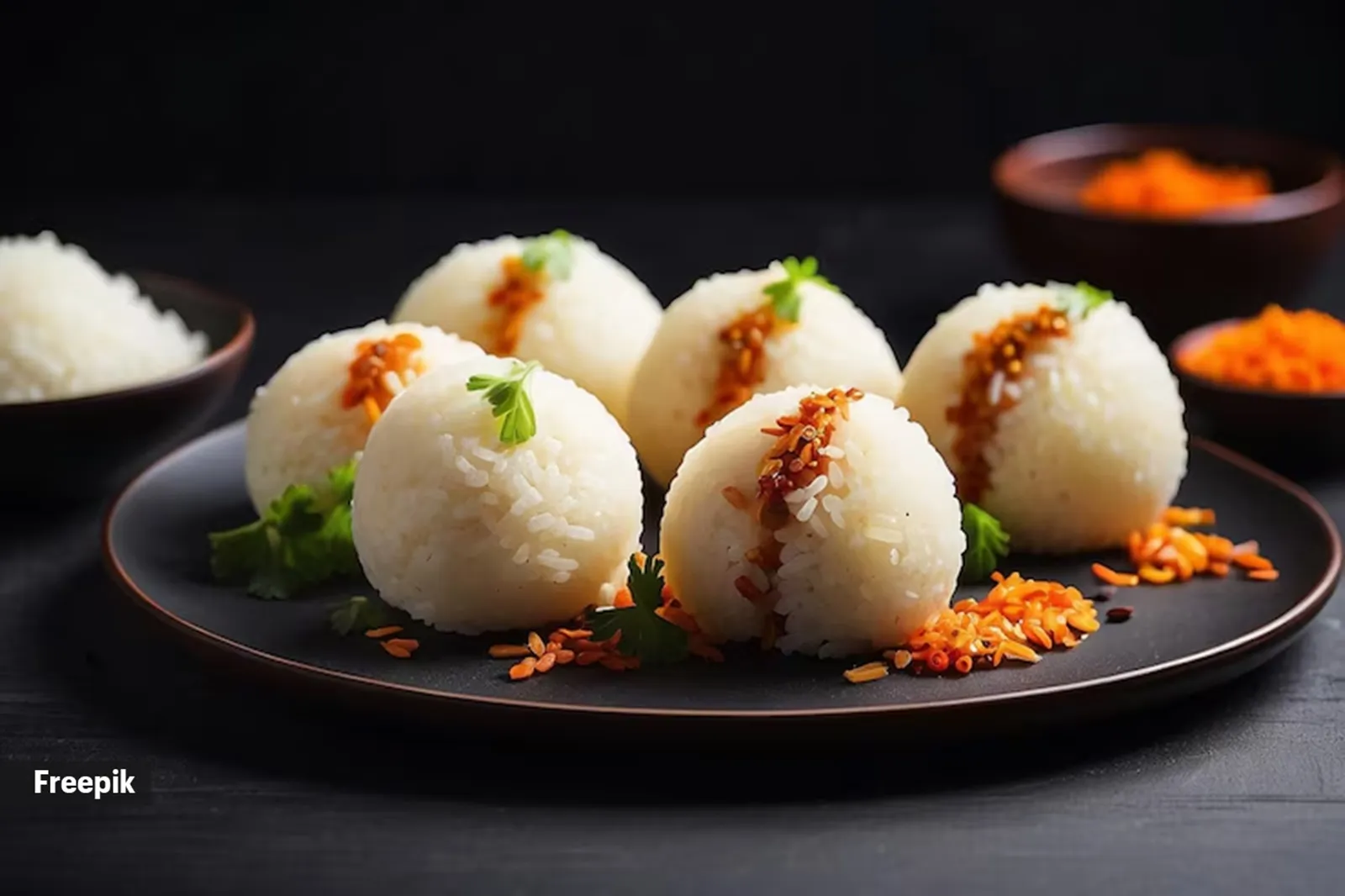This is a traditional food made in Japan by young women using their armpits. Why has it gained so much traction?
In Short
- The emergence of food prepared using armpits raises intriguing moral and cultural questions.
- Scientific discussions about the impact of sweat on taste perception and emotional response.
- Cultural and personal motivations behind the appeal of unconventional culinary creations.
TFD – Dive into a contentious culinary realm where food and perspiration intersect. Discover the complexities of unconventional cuisine and the moral dilemmas it raises, blending cultural fascination with culinary innovation.
Japanese food, which is adored by people all over the world, combines innovation and tradition. Who doesn’t enjoy a steaming dish of udon noodles or some fresh sushi? But in the midst of all of this, an odd trend has surfaced that is grabbing the interest of people all over the world who are passionate about food.
The popular onigiri rice ball, which was previously a modest snack, has had an unusual metamorphosis that has led it to unexpected and weird places. “The snack is now being prepared by young women who use their armpits to shape the balls, a strange culinary twist that has gone viral on social media,” the South China Morning Post (SCMP) reported.
Restaurants are publicly showing the technique, which has moved the time-honored snack into unknown culinary experimental territory thanks to this unconventional approach. The process of making rice balls laced with sweat is now visible to customers!
Scientists have observed the “sexual significance of armpits,” which may be the cause of people’s willingness to eat this snack, according to SCMP. There have been instances of people being hesitant to give it a try, though.
Can the pheromones in human perspiration affect how we taste and feel things?
According to SCMP, “a 2013 study discovered that perspiration from that area of the body contains a specific pheromone that can improve human emotions when smelled or licked.”
This phenomena is explained by consultant dietician and diabetes educator Kanikka Malhotra. “For many animal species, pheromones are important for communication, signaling, mating, and social behaviors,” the author states. Their function in human behavior is complicated and less clear-cut, nevertheless.
She goes on to say that our sense of smell is linked to the brain regions in charge of emotions and memory. This could imply that sweat, which has pheromones, has the ability to elicit feelings. However, more thorough research is needed to directly link particular emotional changes to human pheromones.
Our sense of smell has a big impact on our capacity to taste. Thus, it’s possible that certain sweat-borne substances could indirectly affect our perception of food’s flavor if they have an impact on our olfactory system. Still being researched, though, are any conclusive scientific connections in this field.

Aspects of culture and psychology that could be influencing the appeal of this unusual culinary creation
According to Malhotra, when it comes to such intriguing yet strange patterns, we need to take into account both the cultural and personal motivations:
Japanese cuisine and culture: Japan has a long history of experimenting with flavors, as well as adhering to ancient customs. They have their own peculiar, occasionally odd eating trends that are part of their culture.
The search for the unusual: Some find novelty and the chance to claim to have “tried something completely different” to be appealing. This relates to the craze for sharing strange encounters on social media.
Defying food conventions: For others, it can be a desire to go against the grain and inquire about what constitutes “acceptable” ingredients. This could stem from a desire to go against conventional culinary standards or from a rebellious mentality.
Professional views on consuming food cooked in such unconventional ways
Sweat contains microorganisms, just like any other physiological fluid. According to Malhotra, “there’s a significantly increased risk of food poisoning without stringent sanitization, especially with foods that enable bacterial growth, like rice.”
Sweat composition changes a lot based on food, health, and cleanliness. Introducing potentially unknown elements into food increases the potential for adverse reactions.
According to her, a lot of people would find it disgusting to eat food that has been contaminated with perspiration, which raises moral questions around permission and physical autonomy.
Conclusion
Food contamination through unconventional means sparks debates on cultural acceptance and culinary experimentation. As culinary boundaries continue to expand, the intersection of cultural influences and culinary innovation remains a topic of fascination and discussion.
Connect with us for the Latest, Current, and Breaking News news updates and videos from thefoxdaily.com. The most recent news in the United States, around the world , in business, opinion, technology, politics, and sports, follow Thefoxdaily on X, Facebook, and Instagram .